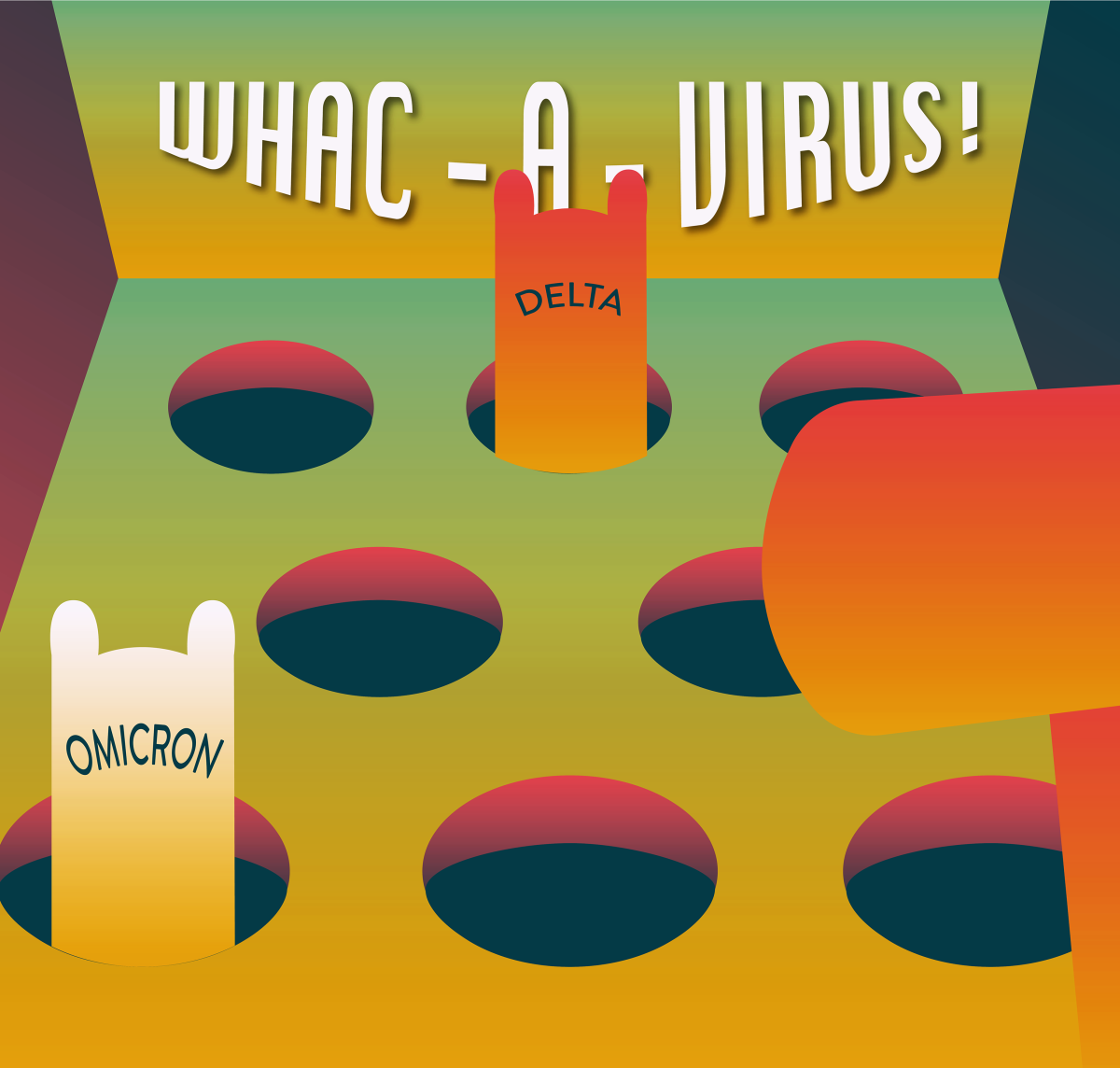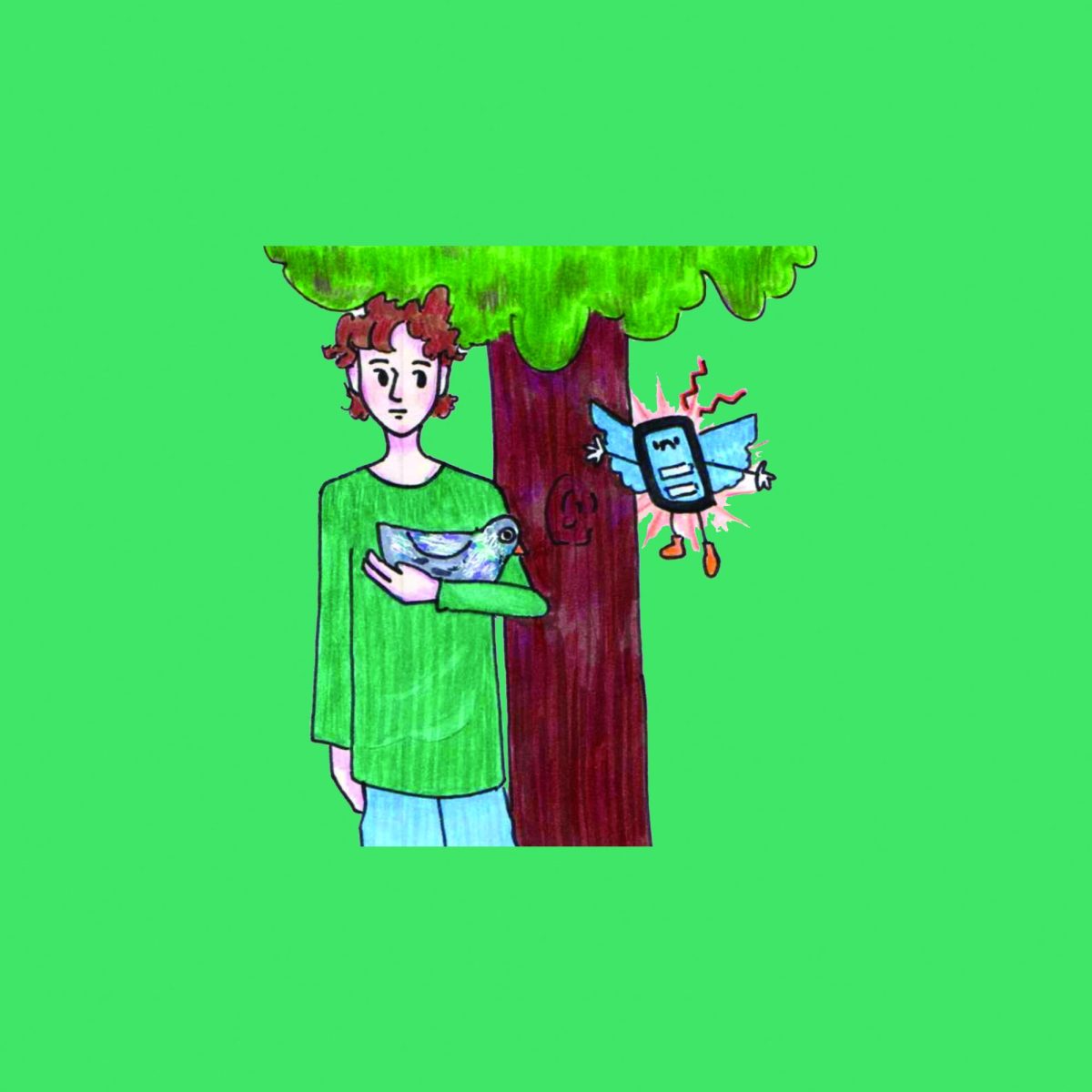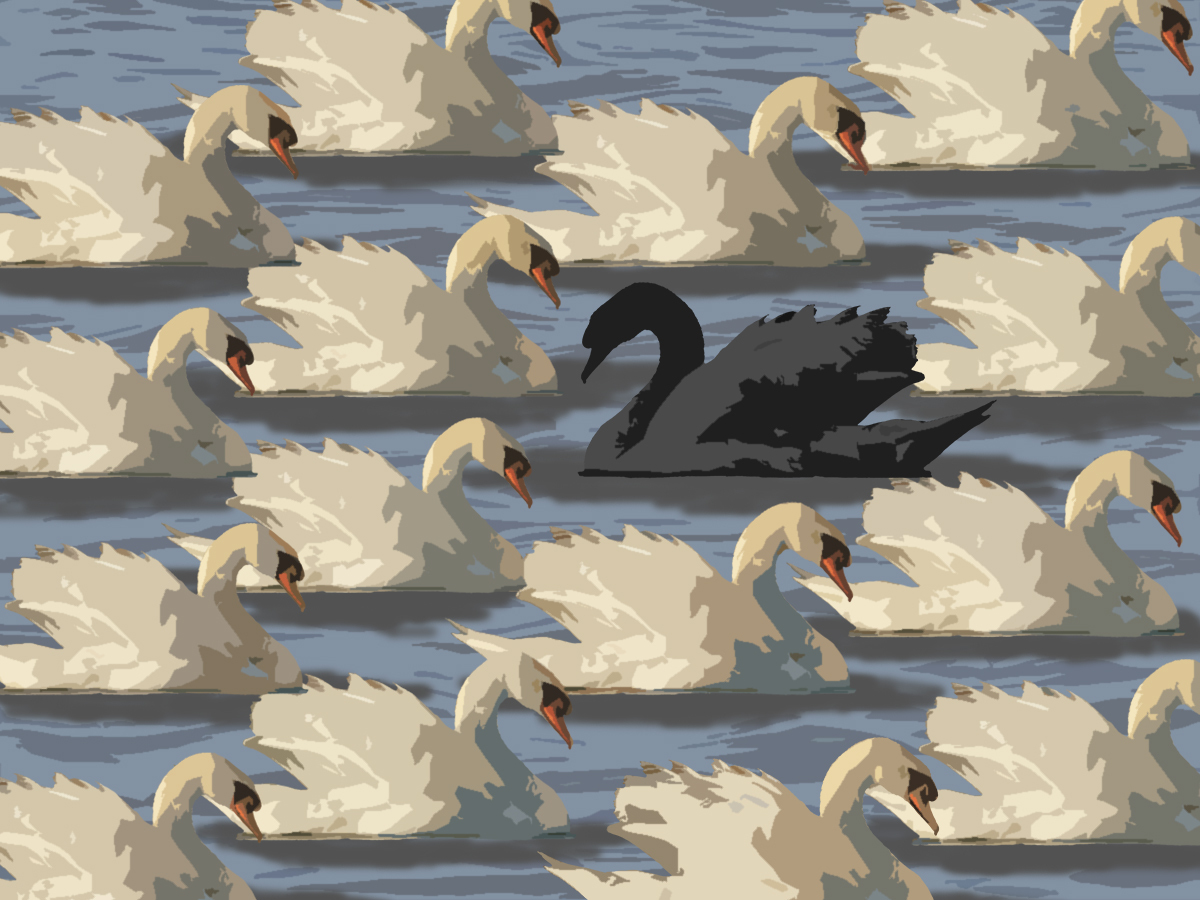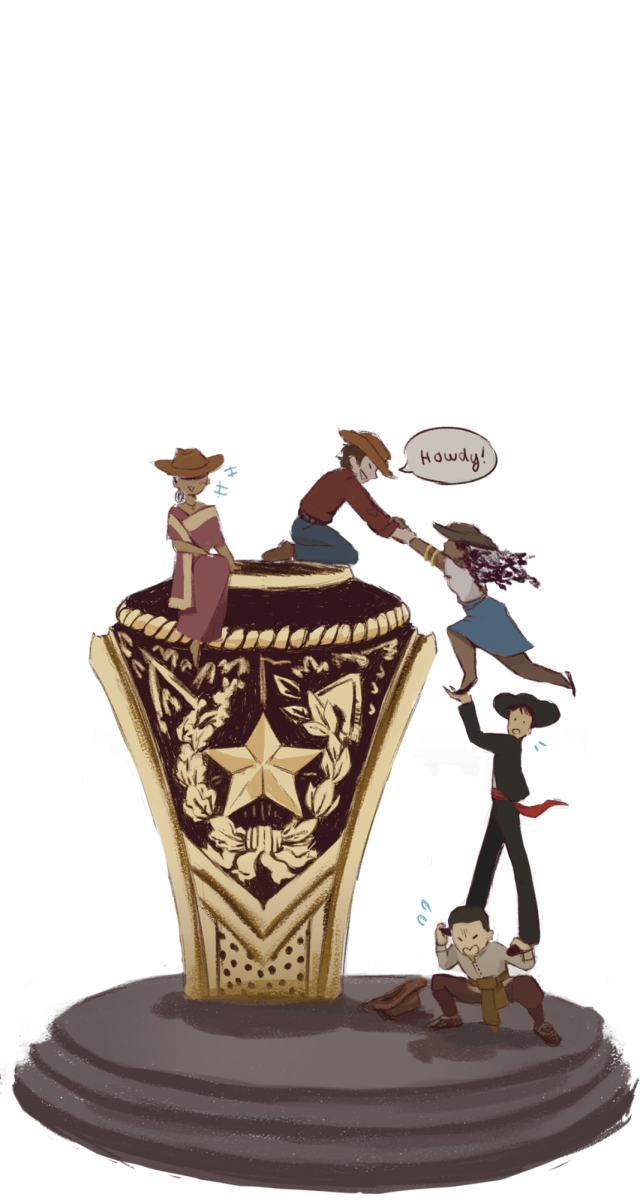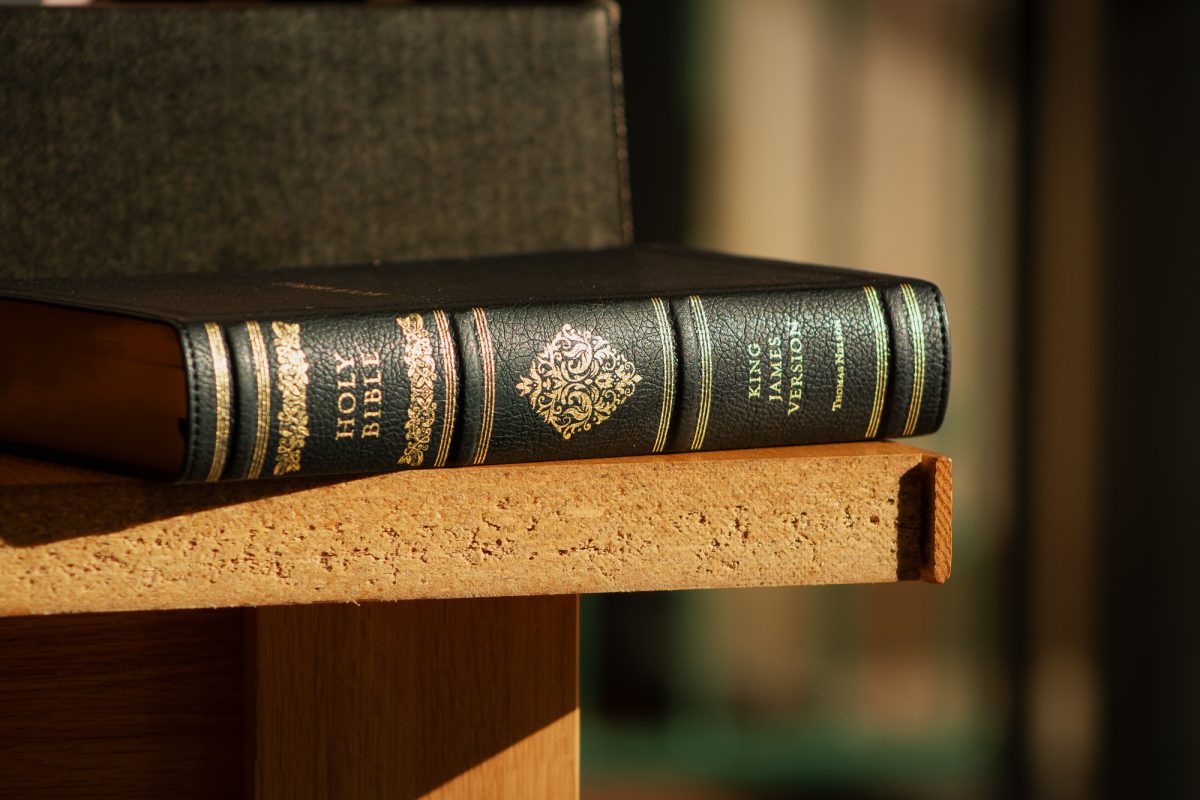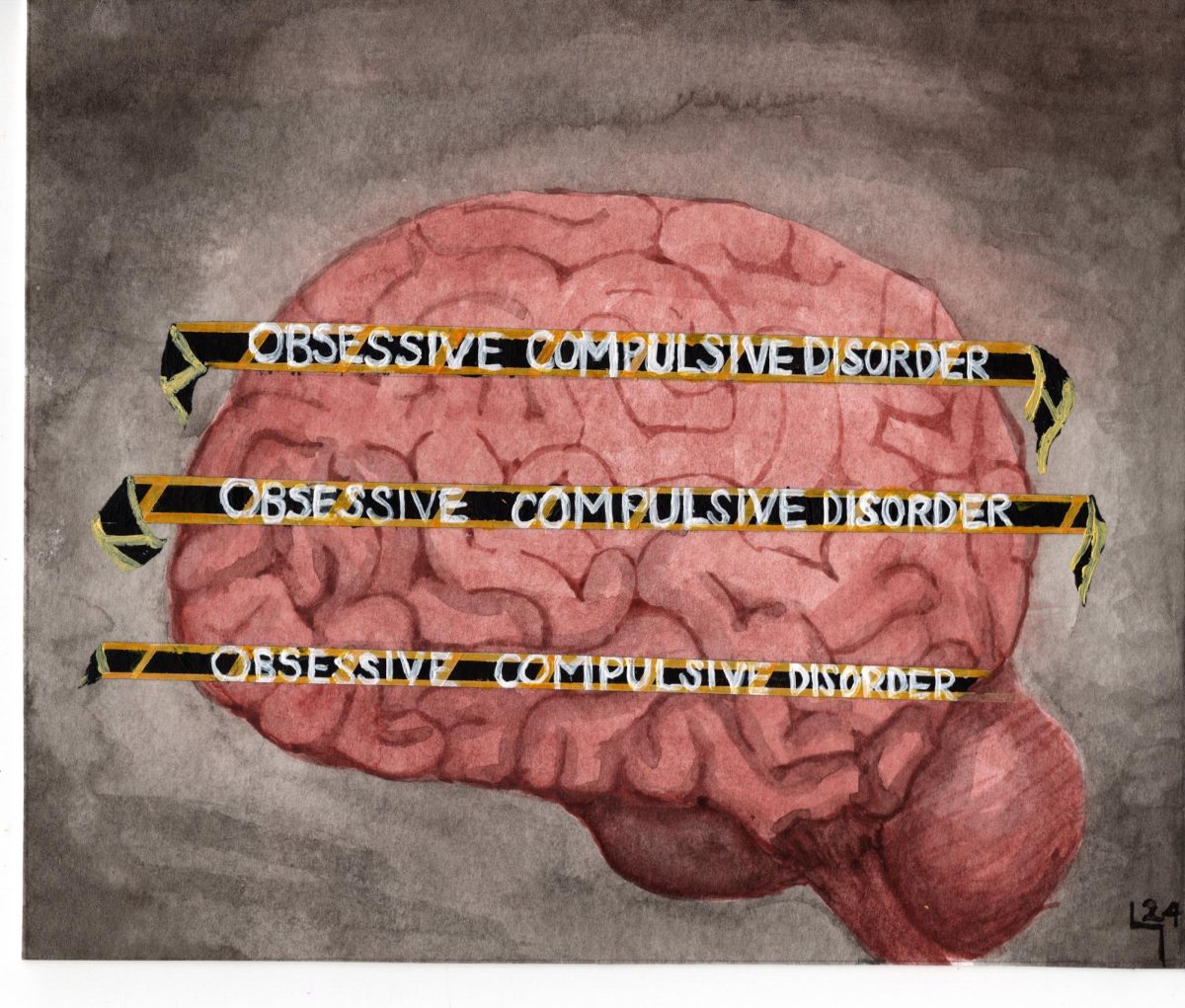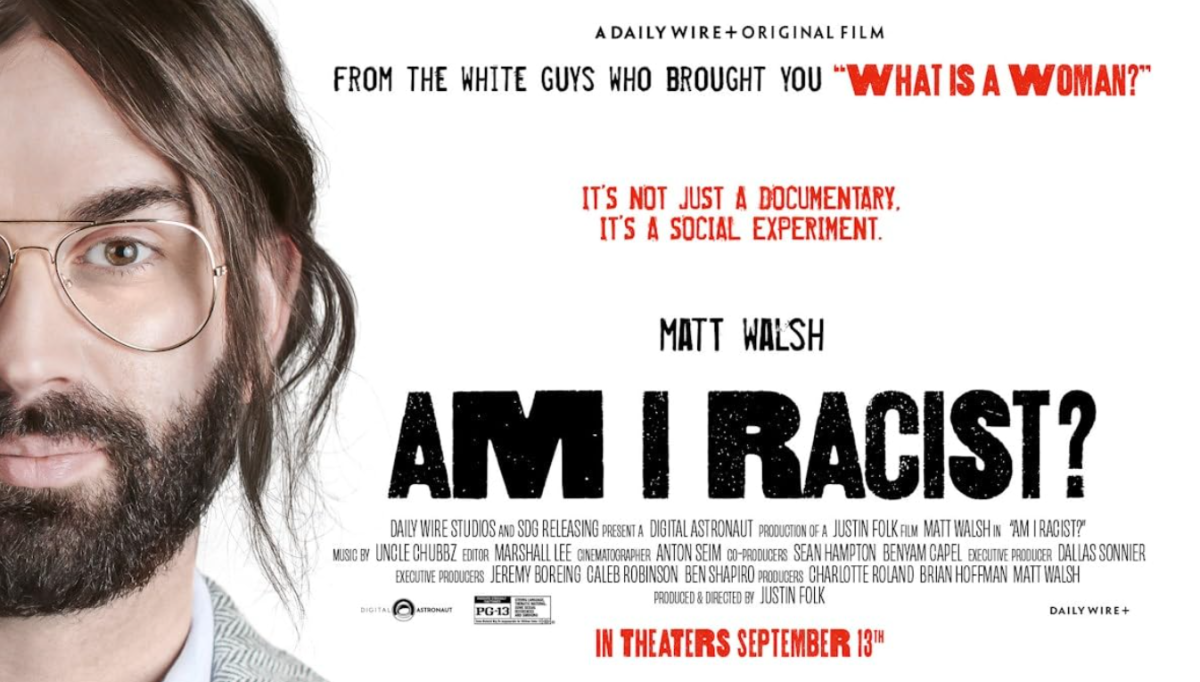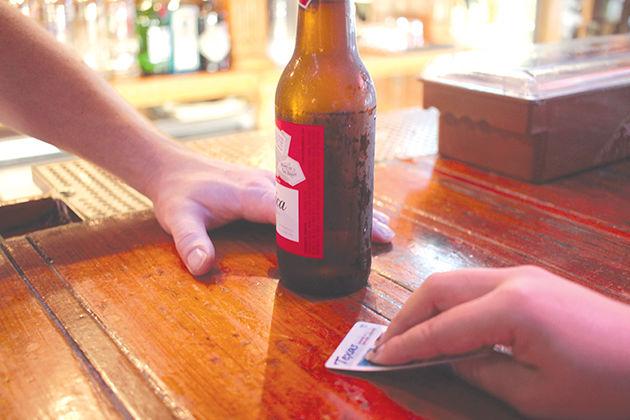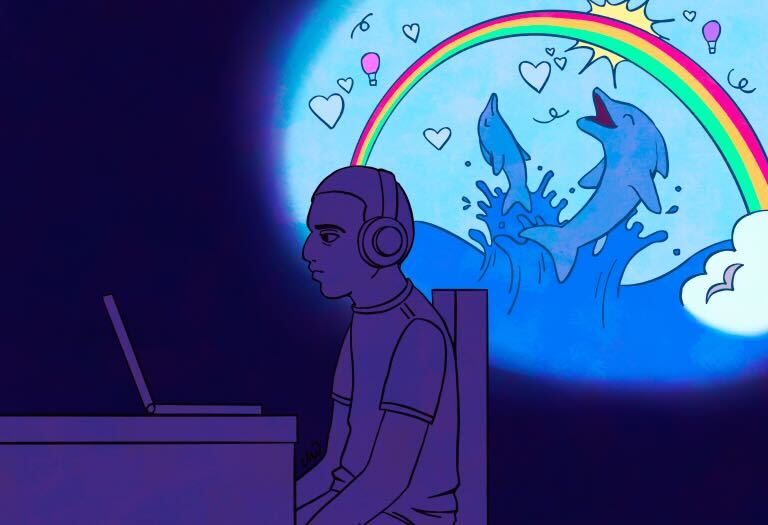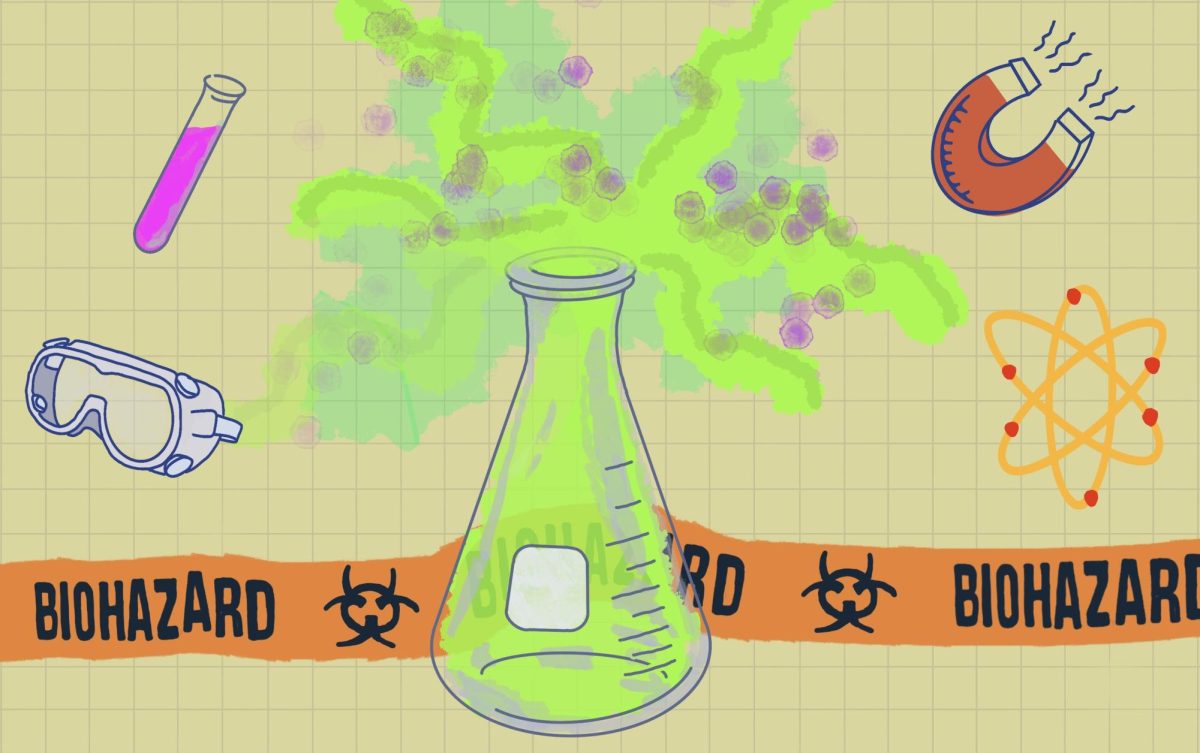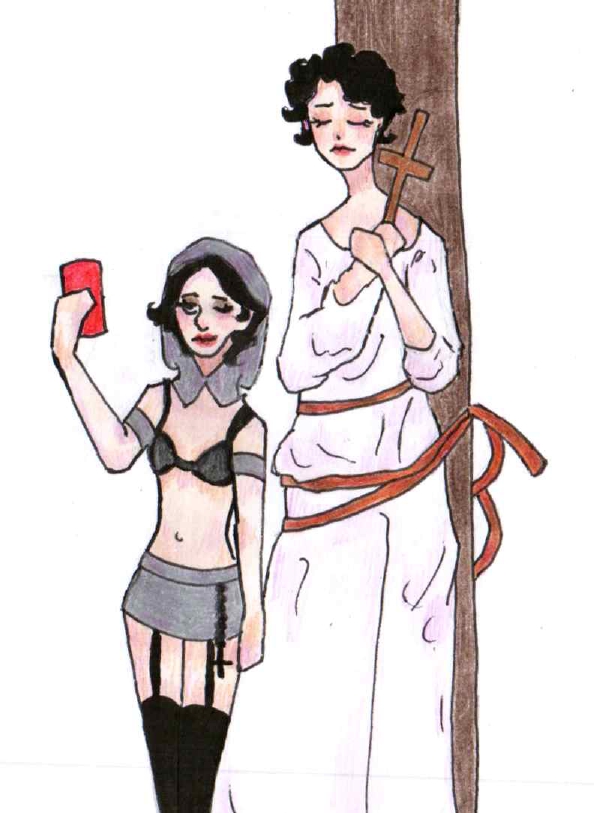Over two years ago, the first COVID-19 case was detected in the United States. Now, 900,000 deaths later, the pandemic continues to rage on as we emerge from the biggest surge yet. Aggieland recently reached an all-time high positivity record. The main culprit? The omicron variant, which makes up the vast majority of new cases.
Both Texas A&M and the U.S. continue to play a deadly game of Whac-a-Mole, hoping to stifle each variant with minimal loss of life. As each consecutive wave worsens, it begs the question: were these variants preventable?
While there is no way to ensure major mutations will not occur, there are certainly measures which could have been implemented to mitigate that risk. Taking a wider perspective on global vaccine distribution reveals not only how callously shots were allocated, but also how poorly apportionment was designed to end the pandemic for good.
Many lower-income countries were boxed out of distribution entirely. As the CEO of Pfizer was lavishly welcomed to the White House and Tokyo Olympics, many African countries struggled to get the distributor to even return calls.
Even today, over a year after the U.S. began widely administering shots, many impoverished nations continue to grapple with pitifully low vaccination rates. The countries with the least public health infrastructure and medical capacity have been abandoned, left to bear the brunt of the pandemic. Not only is this inequity morally appalling, it also left gaping holes within global immunity that have created opportunities for variants to materialize and flourish.
While the origin of the delta and omicron variants are not scientifically certain, experts have pointed out this inoculation disparity has created statistically ideal opportunities for their emergence. These variants can develop resistance to vaccinations and extend the pandemic. Seth Berkley, epidemiologist and CEO of The Global Alliance for Vaccines and Immunizations, perhaps summarized this idea best: “No one is safe until everyone is safe.”
So, if a more equitable vaccination allocation program would have been better optimized to mitigate the spread of variants and end the pandemic, why didn’t we adopt this strategy? Well, the answer is — predictably — money.
After all, with a finite amount of product, why not sell it to those with the biggest pockets? As a result, many impoverished countries were ignored and nearly priced out of vaccine access entirely.
Within the first round of negotiations with the United States, Pfizer CEO Albert Bourla took an aggressive stance, demanding $100 per shot despite each costing somewhere between 54 and 98 cents to produce. While Bourla would end up backing down amid concerns over Pfizer’s reputation and settle for $19.50 a shot, these enormous markups are emblematic of the leverage vaccine manufacturers had over governments.
Prolonging negotiations to get a reasonable price could easily result in delay or supply being contracted to another country instead. Any failure to procure vaccines in a timely manner would easily result in political backlash. This intense demand by both populace and politicians drove the price up, and Pfizer was particularly willing to treat its desperation as an opportunity to charge whatever it pleased.
Lawerence Gostern, professor of global health law at Georgetown University, shared this sentiment. According to Gostern, Pfizer and other vaccine manufacturers have been “hard-edged” in the negotiation process due to politicians’ hesitation to push back. “To say that [Big Pharma] are wielding their power fairly, openly, with a sense of compassion, is manifestly untrue,” Gostern told Financial Times.
What is even more appalling is that while vaccination rates in many poorer countries remain low, we do not lack the manufacturing capacity to assist them. While approximately 2 billion doses are created every month, they are given overwhelmingly to developed countries.
Many vaccines create a stockpile much bigger than they realistically require. In fact, many of these shots expire and are destroyed. Thus, the vaccines allocated to these countries are utilized either inefficiently or not at all.
“It is unthinkable and unconscionable that 100 million vaccines will have to be thrown away from the stockpiles of the rich countries [while] the populations of the world’s poorest countries will pay for our vaccine waste in lives lost,” remarked former British Prime Minister Gordon Brown.
If the pandemic should teach us anything, it’s that greed and selfishness are diseases more deadly than any COVID-19 mutation.
In our increasingly connected world, future variants and epidemics are an inevitability. If we want to be able to take them on more effectively, then we need to analyze the systems and incentives that formed our current response.
Many of these goals may seem far out of reach and abstract, but we all have a part to play in this effort. A necessary precondition for better vaccine allocation is a willingness to give up some of our own socioeconomic privilege. We need to adopt a solidarity with the global community that runs contrary to the nationalistic tendencies that dominate our political discourse.
Imagine the U.S. had not been among the first to receive shots. How many of us would insist waiting in line was intolerable? How many of us would shout some iteration of “America first?”
The answer is, undeniably, far too many.
Caleb Elizondo is an engineering freshman and opinion writer for The Battalion.



